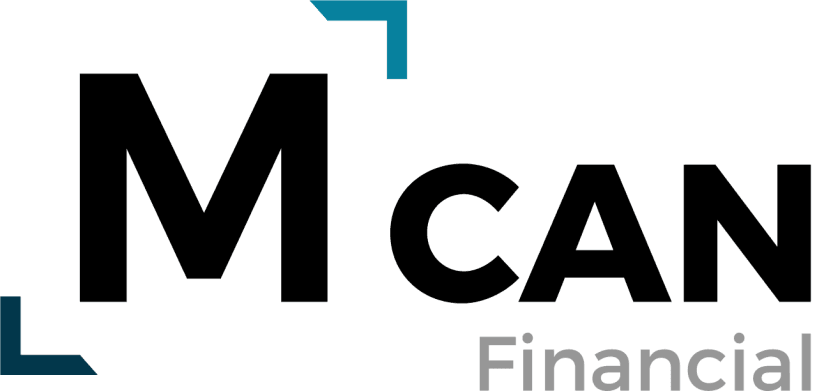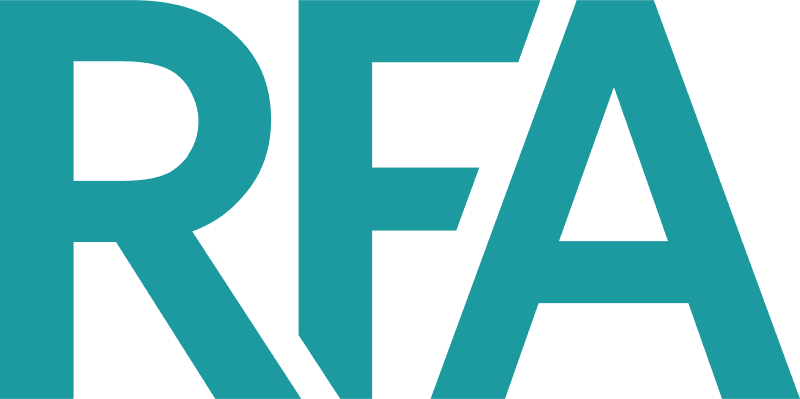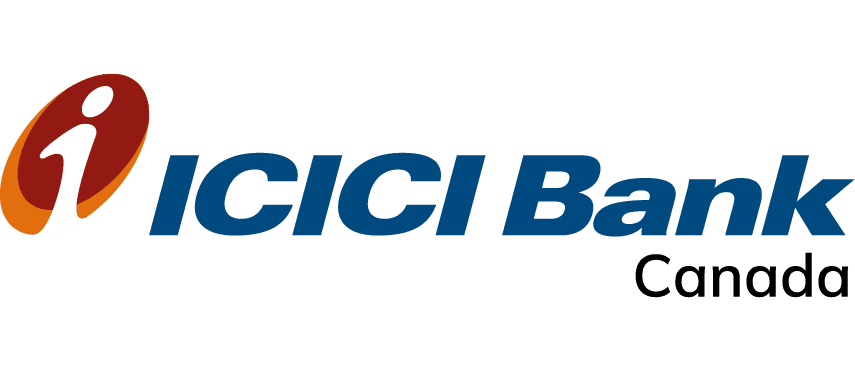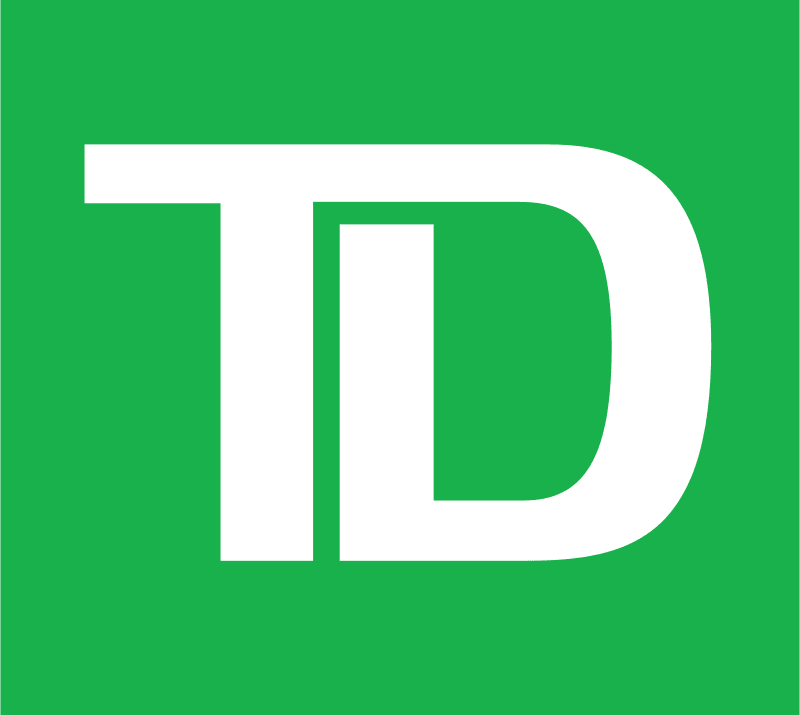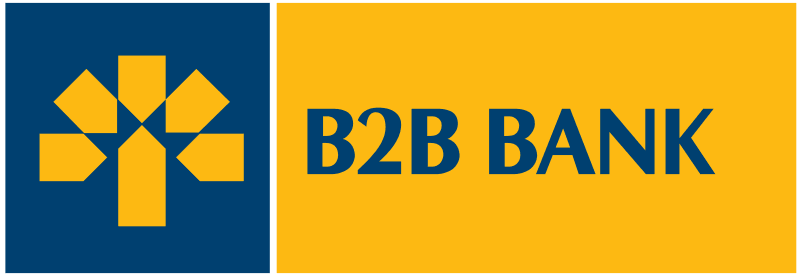FAQ
Can I Lose My Home with a Reverse Mortgage in Canada?
You won’t lose your home to a reverse mortgage in Canada as long as you stick to the rules, but there are risks to watch for. With providers like HomeEquity Bank and Equitable Bank, you keep ownership and can stay in your home for life, even as the loan grows with interest—thanks to a “no negative equity” guarantee, meaning you’ll never owe more than your home’s value when sold. However, if you don’t keep up with property taxes, insurance, or basic maintenance, you could breach the contract, and the lender might demand repayment, potentially forcing a sale. It’s rare, but it happens if you neglect those responsibilities. Let’s go over the fine print together to ensure your home stays yours!
How Does a Reverse Mortgage Affect My Taxes in Canada?
A reverse mortgage in Canada doesn’t directly mess with your taxes, which is a big plus, but it can still have ripple effects. The cash you get—whether a lump sum or payments—is tax-free since it’s a loan against your home’s equity, not income, so it won’t bump up your tax bracket or affect credits like Old Age Security (OAS). However, if you invest that money and earn interest or dividends, that income could be taxable, and spending it might shift your financial picture—like if it disqualifies you from certain income-tested benefits. It’s a loan, not a tax trap, but we can help you plan how to use it without surprises come tax time!
Who Qualifies for a Reverse Mortgage in Canada?
To qualify for a reverse mortgage in Canada, you need to meet a few straightforward requirements set by the only two lenders offering them: HomeEquity Bank and Equitable Bank. You must be at least 55 years old (and so must your spouse if you’re joint owners), own a home in Canada with enough equity (typically at least 20%–40%, depending on its value), and use it as your primary residence—no rentals or cottages allowed. Your home’s condition and location matter too—urban homes often get higher offers than rural ones—and any existing mortgage must be paid off first with the reverse mortgage funds. Not sure if you’re eligible? Let’s check your specifics to see if it’s a fit!
How Long Does It Take to Get a Reverse Mortgage in Canada?
Getting a reverse mortgage in Canada usually takes a few weeks, depending on how fast you move and the lender’s process. After you apply with HomeEquity Bank or Equitable Bank, they’ll need to appraise your home to confirm its value (about 1–2 weeks), review your age and equity, and have you get independent legal advice to ensure you understand the deal—add another week or so for that. Once approved, funds can arrive as a lump sum or scheduled payments within days, though delays might pop up if your home needs repairs or paperwork lags. Want it quick? We can guide you step-by-step to speed things up!
Curious about the Reverse Mortgage process? We’re here to answer all your questions!
Your Mortgage, Our Priority


